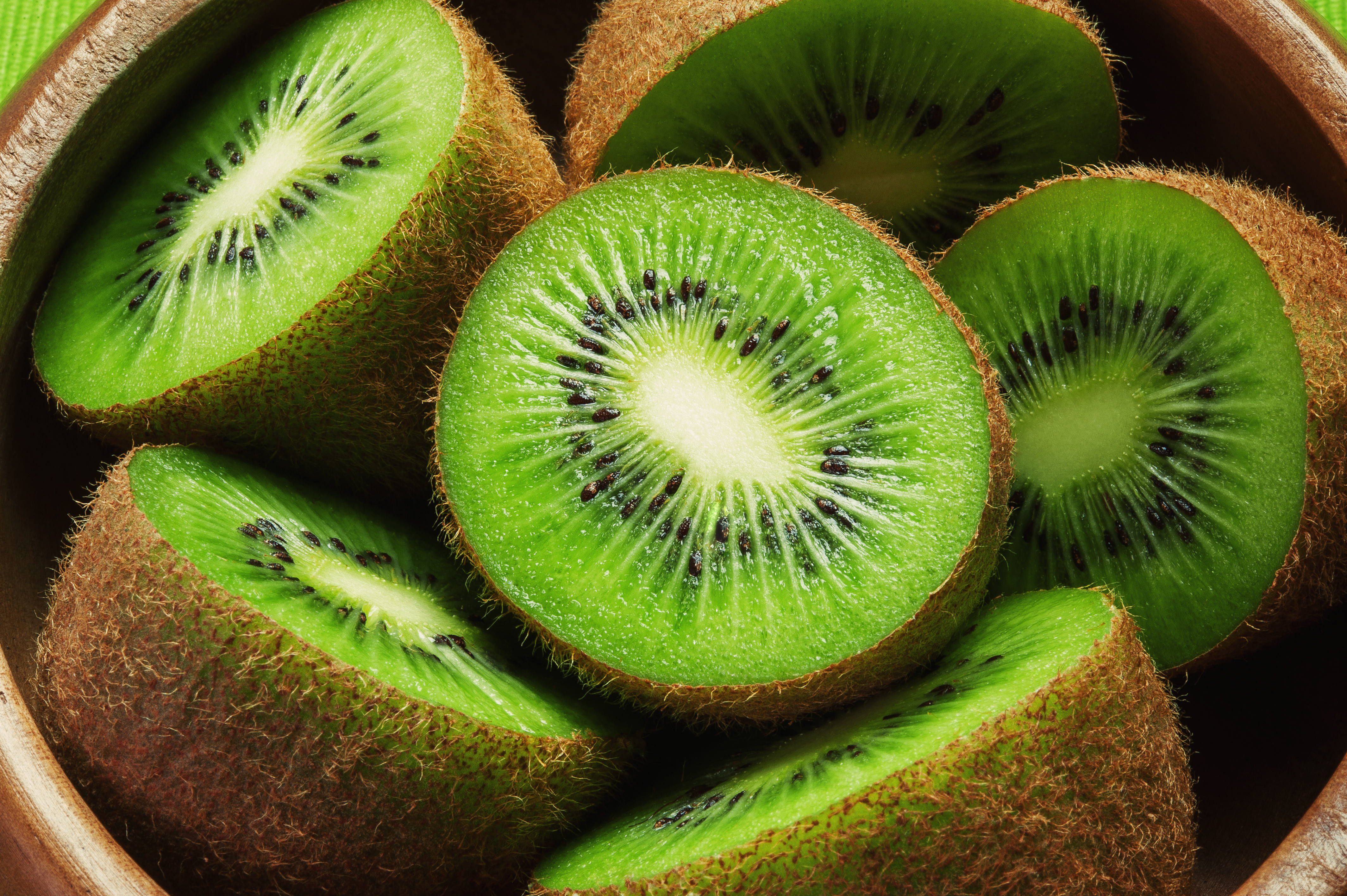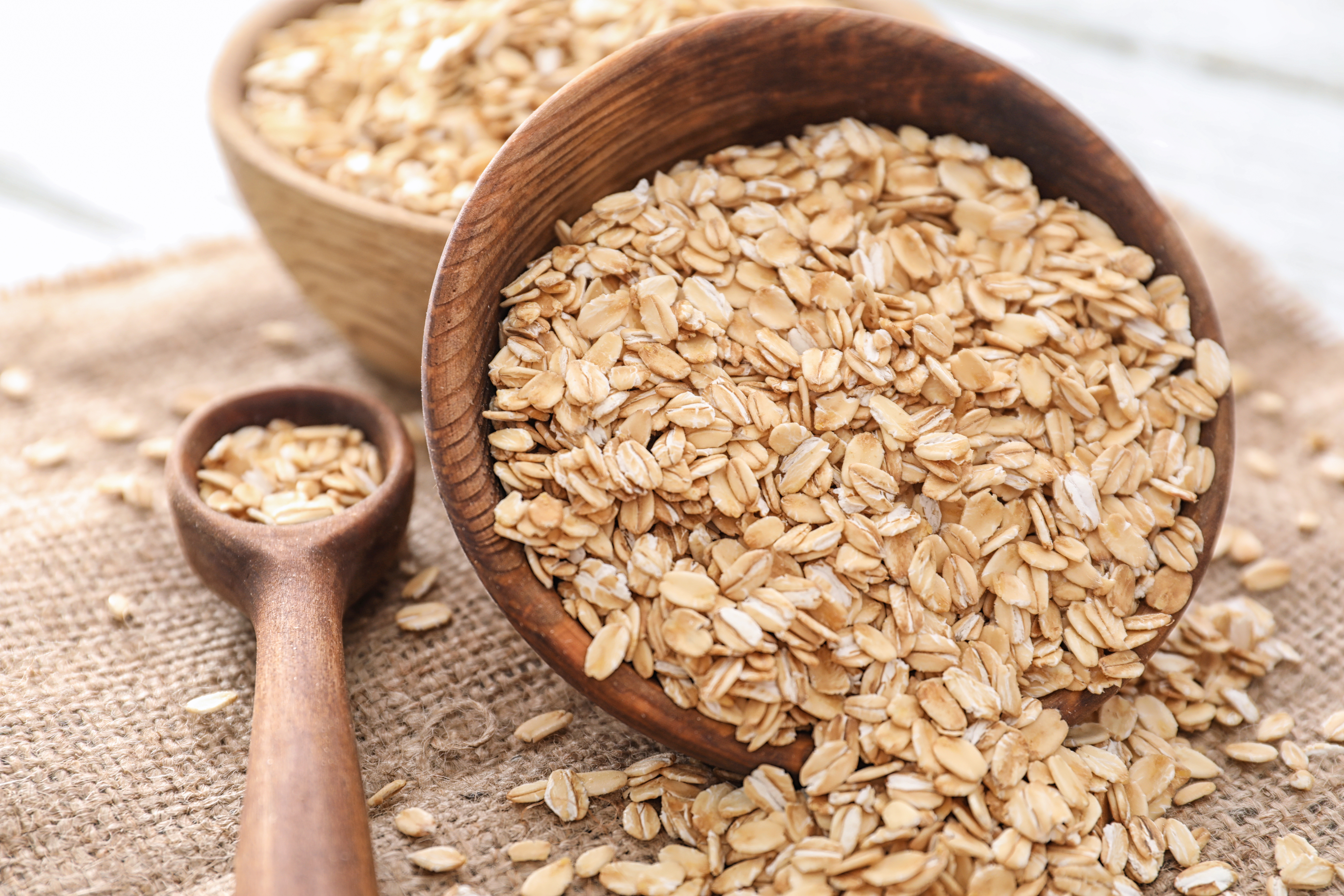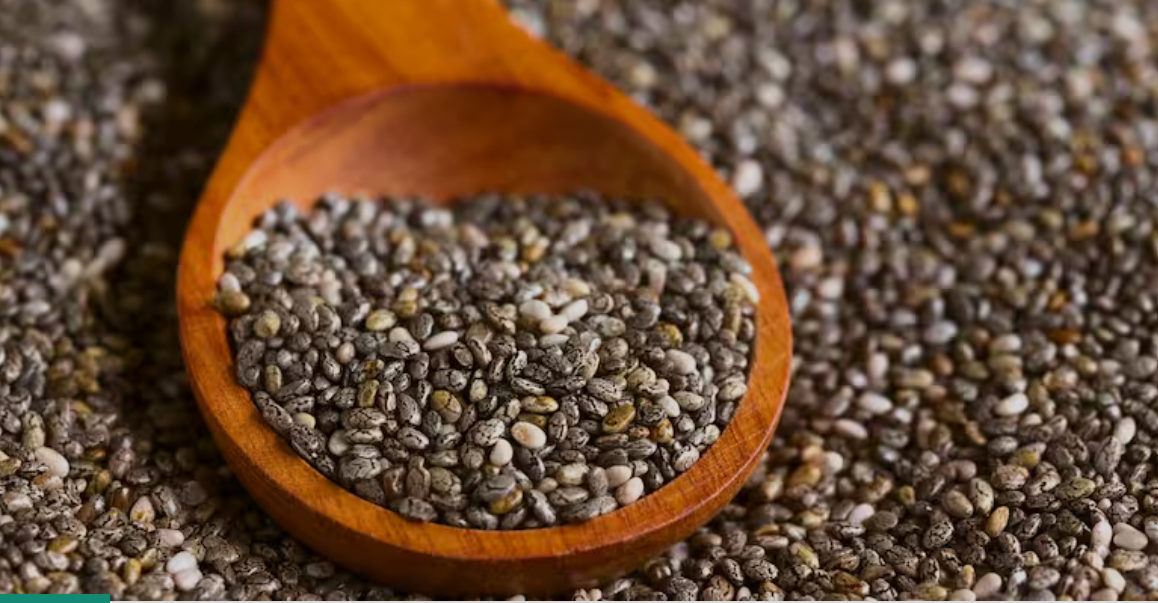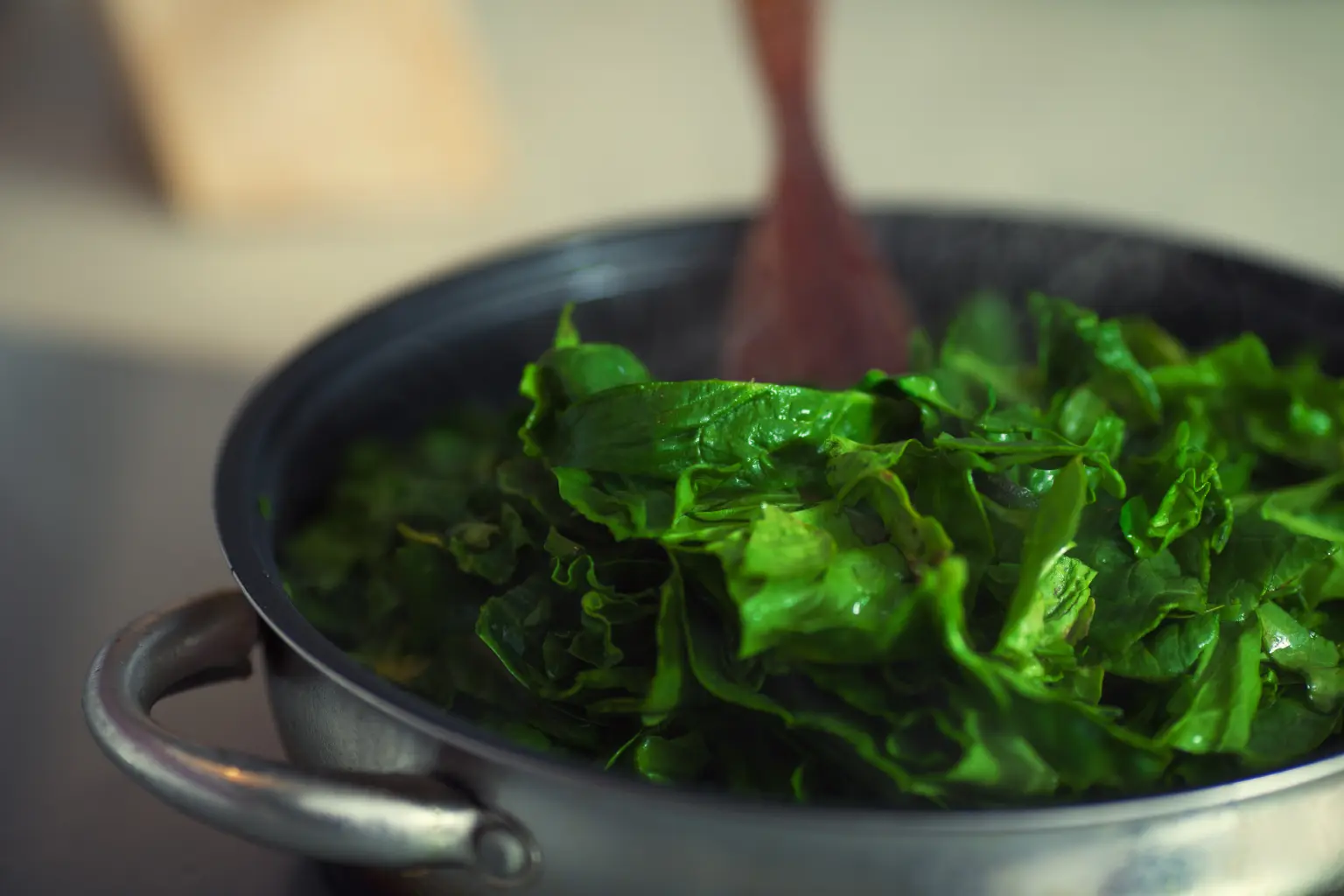Feeling stuck in pur-gut-ory with no relief in sight?
5 Natural Foods That Help You Go, Backed By A Gastroenterologist
If you're dealing with digestive delays, you're definitely not the only one. While it's important to get persistent tummy troubles checked out by a doctor, occasional constipation happens to the best of us — and yes, it can be incredibly uncomfortable.
The upside? You don’t always need a trip to the drugstore for relief. Some everyday foods might be all you need to ease that uncomfortable traffic jam in your digestive system.

"As a gastroenterologist, I see patients struggle with constipation all the time," Dr. Mikhail Yakubov of Manhattan Gastroenterology told The Post. "While medications can help, the most natural first step is often what's on your plate."
So, if your gut has come to a screeching halt, here are five foods that might help nudge things along—gently and naturally.
Kiwis

"Kiwi is a hidden gem when it comes to gut health," Yakubov said, pointing out that this fuzzy, vibrant green fruit is not only delicious but also "rich in both soluble and insoluble fiber, but it also contains an enzyme called actinidin, which may help stimulate digestion."
Yakubov says that having one or two kiwis a day should do the trick for most people. And on top of that, it’s "low in sugar and doesn't cause bloating like some other fruits."
Oatmeal

Fitness fans swear by it, and for good reason — oatmeal isn’t just fuel for workouts; it's also great for digestion.
"Oats are packed with soluble fiber — especially beta-glucan — which helps soften stool by drawing water into the bowel," he said.
"This makes it easier to pass. A bowl of plain oatmeal in the morning is a great start," Yakubov added.
According to a recent study, regularly eating oatmeal may also lower your chances of developing conditions like Type 2 diabetes, heart disease, and even obesity. It’s basically a multitasking breakfast win.
"Just skip the overly processed flavored packets, which often have added sugar that can slow motility," Yakubov suggested.
Chia seeds

"These tiny seeds absorb many times their weight in water, forming a gel-like substance that bulks up and softens stool," he said. "They're also rich in omega-3s and fiber."
To make the most of them, Yakubov suggests mixing one to two tablespoons of chia seeds into a glass of water, some yogurt, or a smoothie.
Just remember to let them soak for at least 10 minutes before digging in — that gives them time to expand and do their thing.
Coffee

If you've ever felt nature calling after your morning brew, you're not imagining things. "It's not just a caffeine jolt; it actually stimulates the muscles of the colon," he said.
"For some people, it works within minutes of drinking it. A cup in the morning can help jump-start the gut," he added.
That said, Yakubov does issue a word of caution. Drinking too much caffeine can actually dry you out, which may lead to more constipation later.
So, be sure to drink lots of water alongside your daily cup of coffee.
Cooked Spinach

Let’s talk about spinach — it always seems like you’ve got a full bunch until you cook it.
Then it magically disappears into a tiny green puddle. That’s mostly because fresh spinach is made up of about 90% to 95% water.
But this high water content is also part of what makes spinach such a nutritional all-star.
"Spinach is a good source of magnesium, which helps draw water into the intestines," Yakubov said.
"It's also high in fiber and iron — especially important if constipation is linked to anemia."
Spinach goes great with your favorite sources of protein and blends easily into meals.
"A half-cup of cooked spinach adds moisture and fiber to meals," he said.
And when it’s cooked, it tends to be gentler on your belly than a raw salad.

"Cooked greens are generally easier to digest than raw for people prone to bloating," he said.
Here’s something you might not know: A full 10-ounce bag of fresh spinach will shrink down to just about one cup once sautéed.
So, if you're cooking for more than one person, you might want to grab an extra bag.
So, what's the main point here?
"Most foods that help relieve constipation fall into predictable categories: high-fiber fruits, seeds, leafy greens, whole grains," he said.
"From a medical standpoint, there's not really a surprising 'magic' food that reliably helps people poop," Yakubov said.
But if he had to pick just one? "I think the best one that fits your answer will be coffee."

